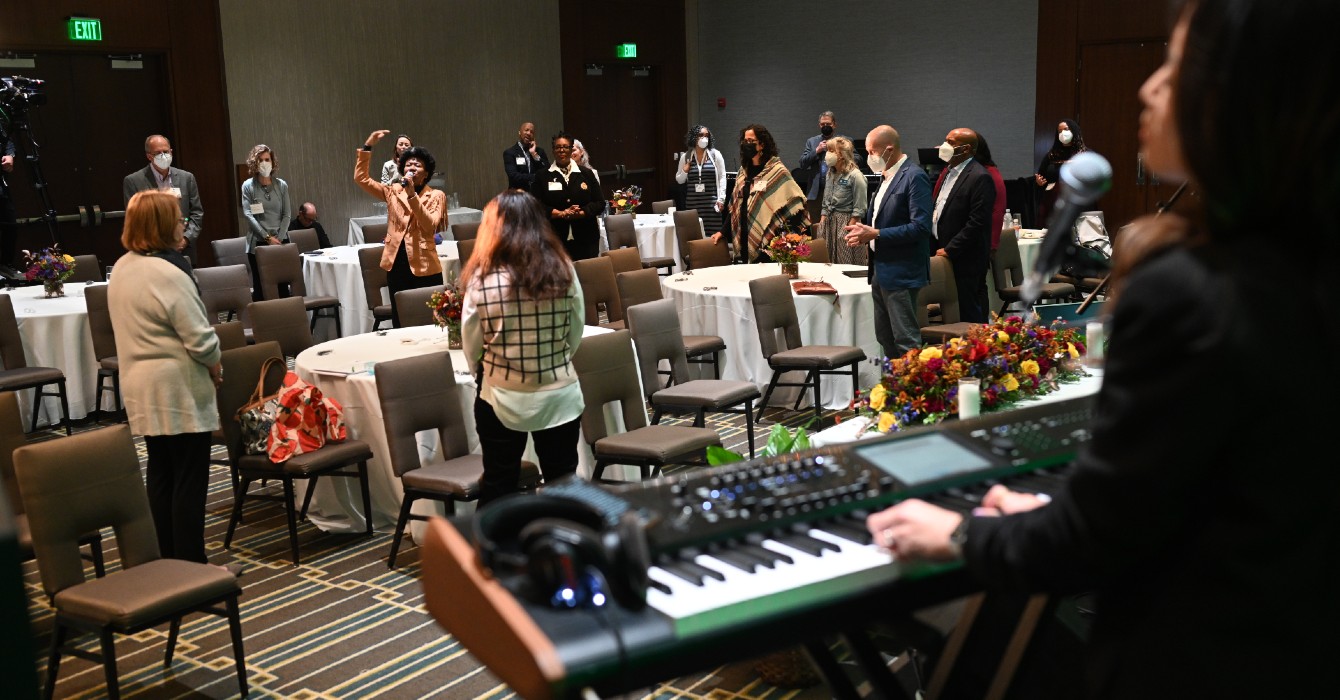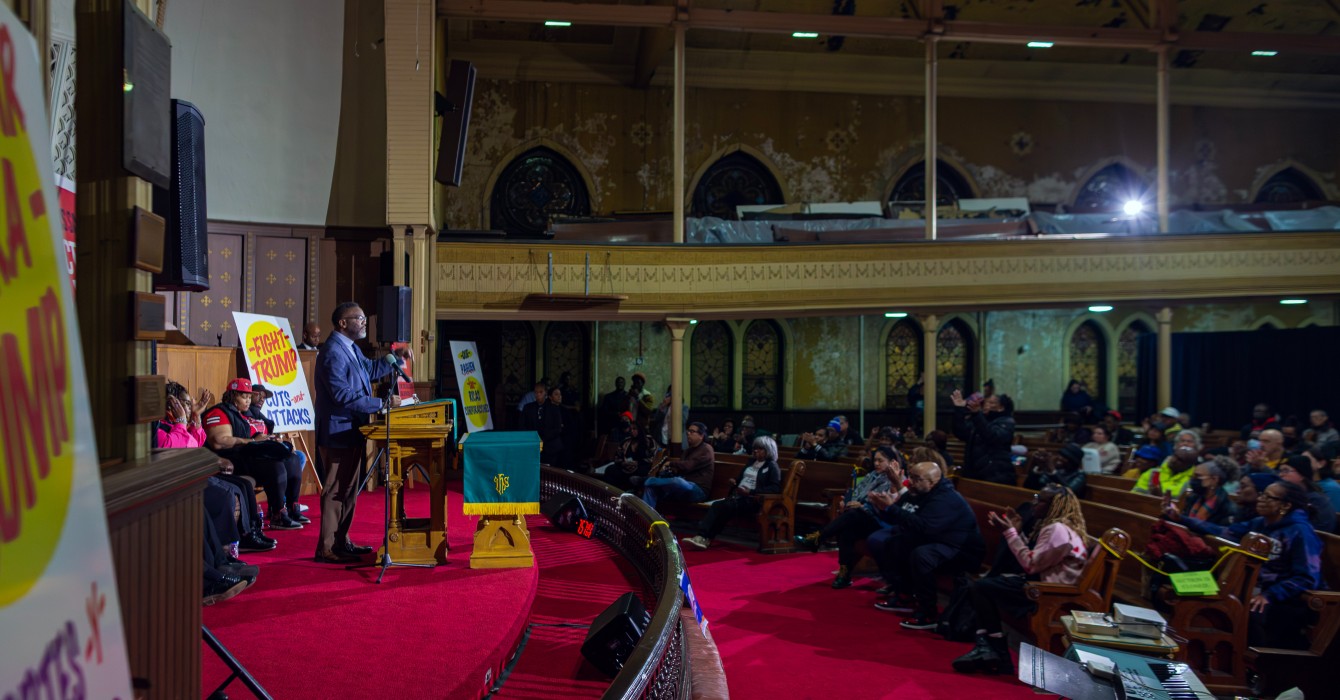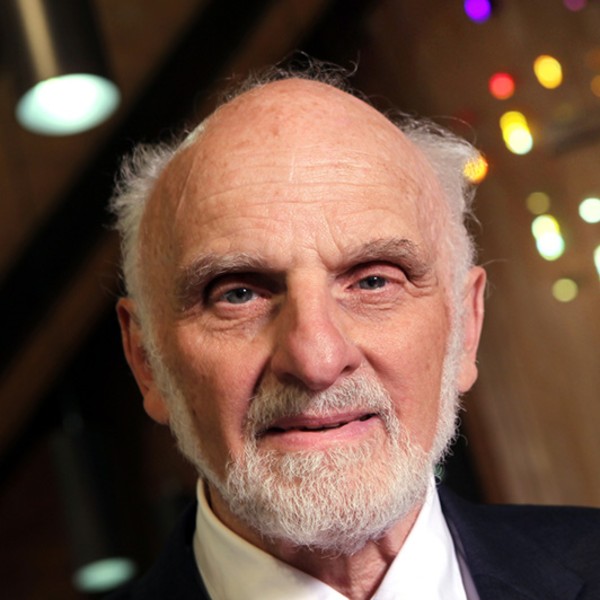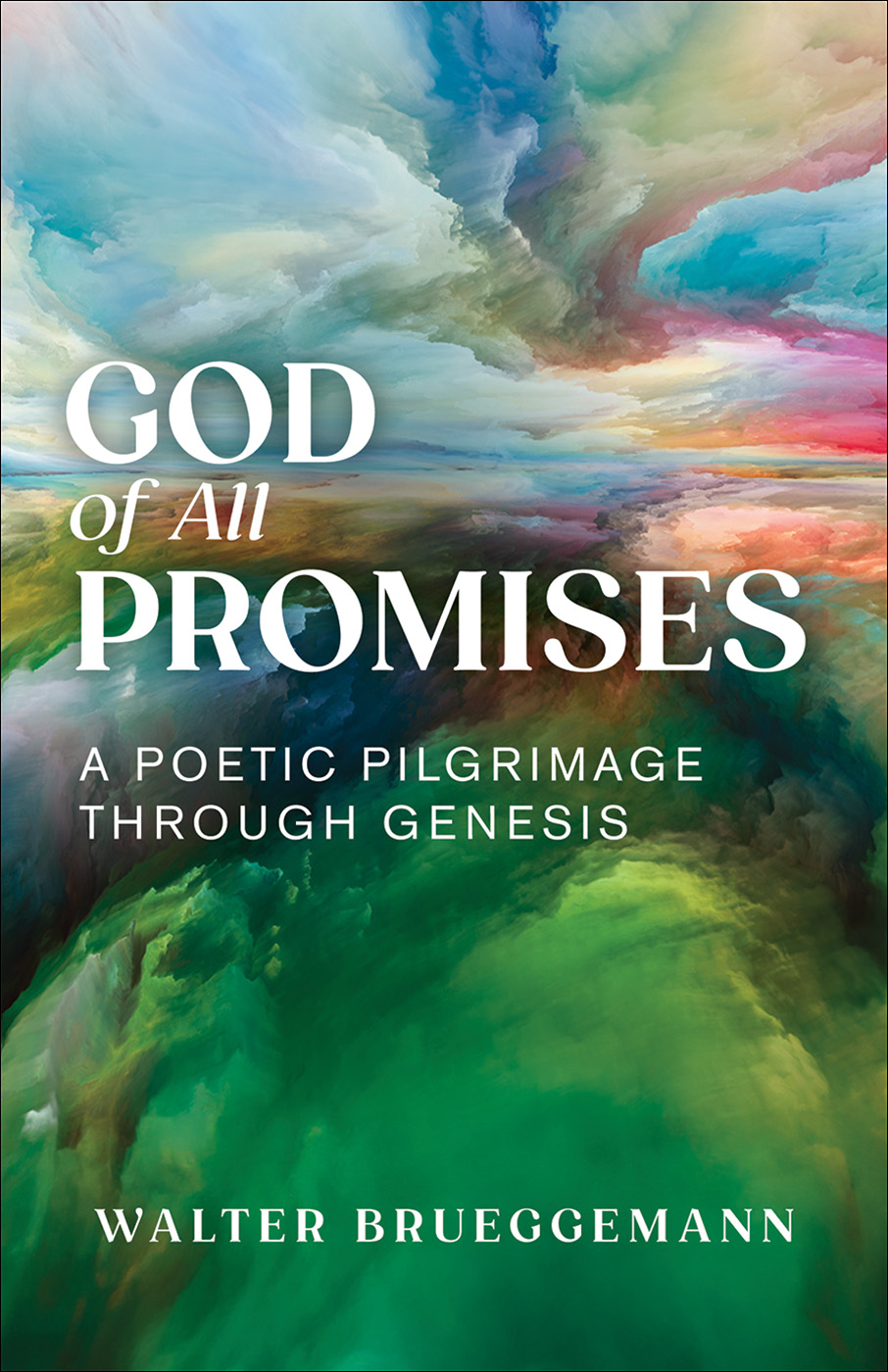After two years of fumbling with cameras, instruments and microphones to lead worship interactively online, I was eager to return to in-person gatherings and conferences. But as a worship leader and speaker at a variety of Christian conferences this past year, I was surprised by low numbers of registration and attendance at each one.
Conference organizers’ initial excitement about reuniting at gatherings turned into concern and even panic at the decreased attendance at their events and the financial losses that came with it. And after reflecting on the possible reasons, I’m confident that conference gatherings cannot look the same as they did pre-pandemic.
Declining attendance at our conference gatherings is not the same issue as declining numbers in our congregational services. A conference event is more akin to a pilgrimage; it involves leaving one’s own environment and making travel plans, all for the purpose of spiritual growth and connection. It is a chance for like-minded or organizationally affiliated people across time and space to reunite and refresh relationships with others.
Nothing compares to the experience of communal worship at such gatherings, in person, experiencing the Triune God in music and prayer. It is well worth the trip … or is it?
Even with a stellar lineup of speakers and extensive advertisements, registration numbers are still small. People prefer watching at home or choosing other types of travel. With looming uncertainty about the world’s financial future and ever-so-present health risks with COVID and related viruses, people want to be more discerning and intentional in their travel.
Here are some ideas for organizing conference gatherings that can offer something more meaningful and transformative for attendees.
Don’t just focus on a big-name speaker. Many big-name speakers have already adapted their content during the pandemic, going live on social media platforms and interacting with their audiences in a more personal and direct way.
In-person speaking content, therefore, must change and adapt as well. Ask your speakers to present content that is fresh, not just the same as what they have online. Maybe have them tell stories or offer a more organic Q&A. Consider limiting the number of speakers in exchange for intimate storytelling platforms.
Another option is to invite someone new or unknown. A collection of big-name headliners may not be the most effective use of time or money for attendees and conference organizers, especially if the attendance numbers are low. Instead, invite storytellers who can present meaningful vignettes about how they experience the conference theme or a biblical text.
This is different from a TED Talk, in that it should offer a less-polished authenticity — more relatable, less aspirational.
Opt for less production, more analog. During the pandemic, people opted for a low-production aesthetic. TikTok’s wild popularity is dependent on generating lots of low-production content, and many pastors and Christian leaders have used this platform to engage with audiences as well.
Returning to slick production, lights and media, therefore, may seem a bit too on the nose. Attendees like to feel that their presence is noticed and valued, that they’re more than just a crowd observing the “action” on a stage or podium. Think about offering spaces that feel more intimate and comfortable, less business professional.
The ubiquitous swag bag, full of pens, notepads and flyers that will most likely be thrown away may strike people as wasteful in an increasingly dire climate crisis. Ask your sponsors whether they might reconsider these types of items, offering instead, for example, a QR code to their websites, an upcoming book chapter or an exclusive discount on a future purchase.
You might include a personalized note or, better yet, a blank note that attendees can use to write anonymous messages to fellow attendees. Things like this can make your event memorable.
An “analog” environment does not necessarily mean low-level production. It does mean, however, that the event will not come across as too slick and that people will feel comfortable being themselves.
Lean on music and memories, and prepare for wherever they may lead. Music in worship is undeniably powerful. Oftentimes, worship leaders may choose new or trending songs, a practice that is effective when skilled worship pastors know how to teach and lead with ease.
But revisiting older and more traditional songs brings in another dynamic completely; older songs evoke spiritual memories and connections. This dynamic can be rich, reminding people of the power of communal memory. At times, the memory may be bad or even harmful, but a skilled worship pastor can bring a re-narration or reclamation of once-painful songs. Mixing new songs with timeless ones can bring a level of intimacy and invitation, making new memories and reclaiming old ones.
In-person gatherings used to be all about having an “experience” and hearing a famous author or preacher, but what people seek now is meaningful transformation. If they make the sacrifice to travel, it has to be worth it.
They want to meet people who might become lifelong compatriots. They want to interact with the author/speaker. The level of creativity and adaptability your organization demonstrates during these changing times can speak volumes to your care for the people of God in this moment.


















